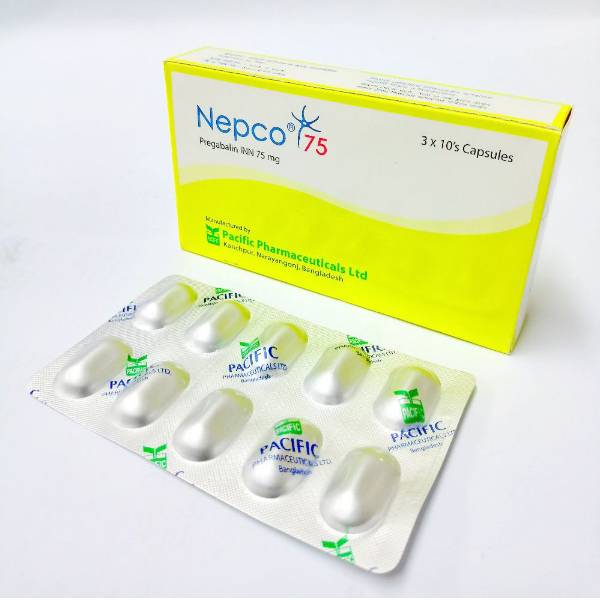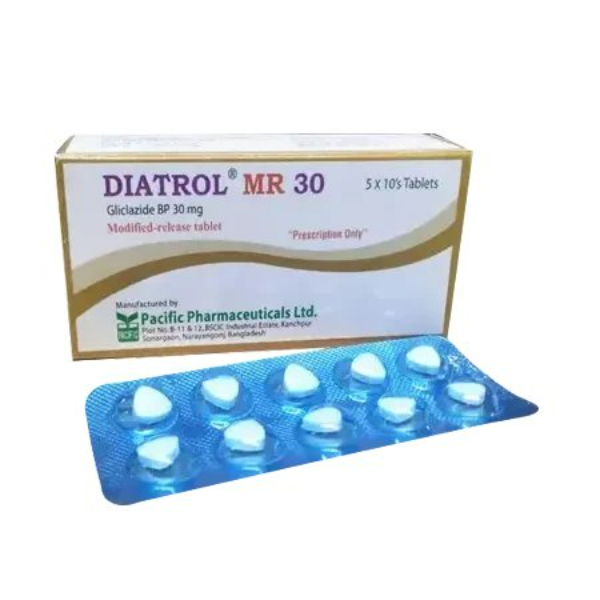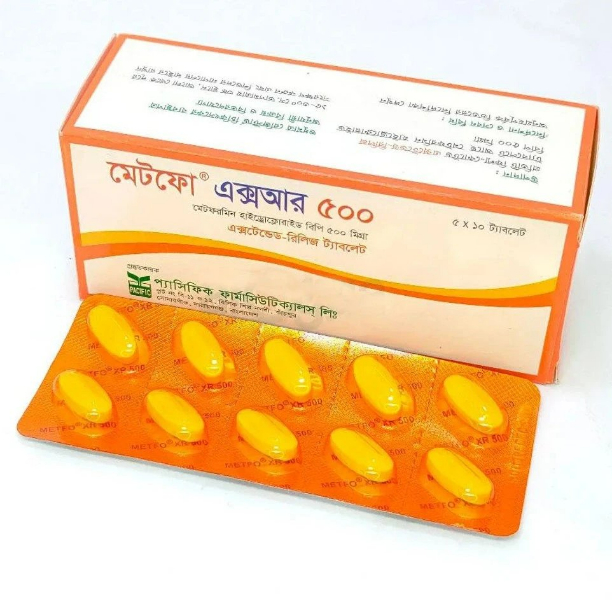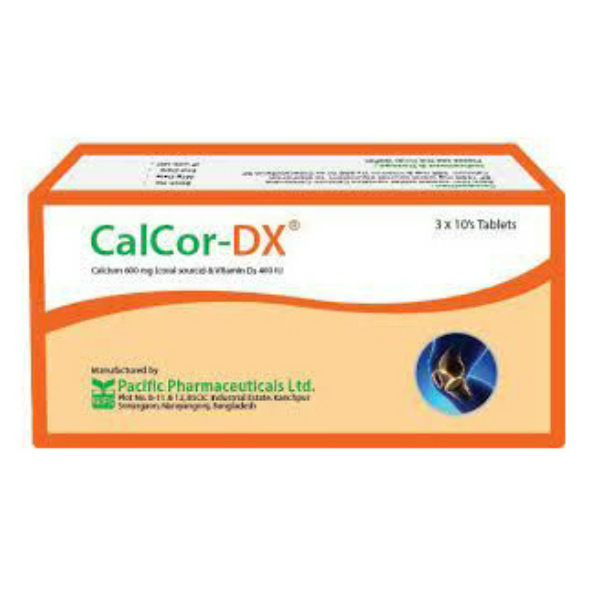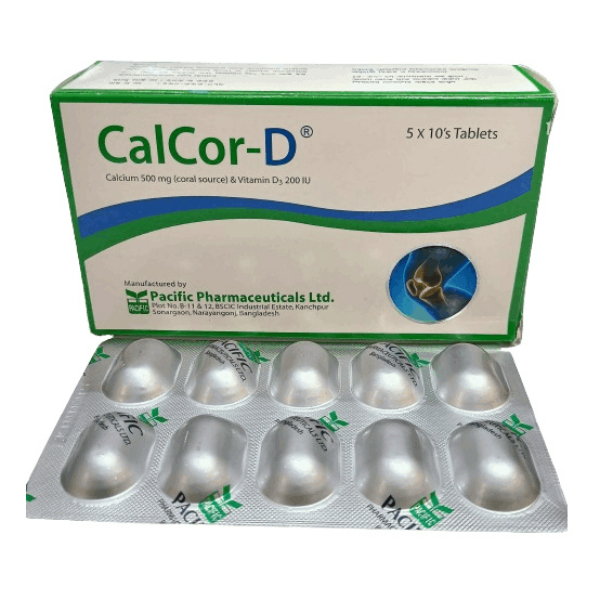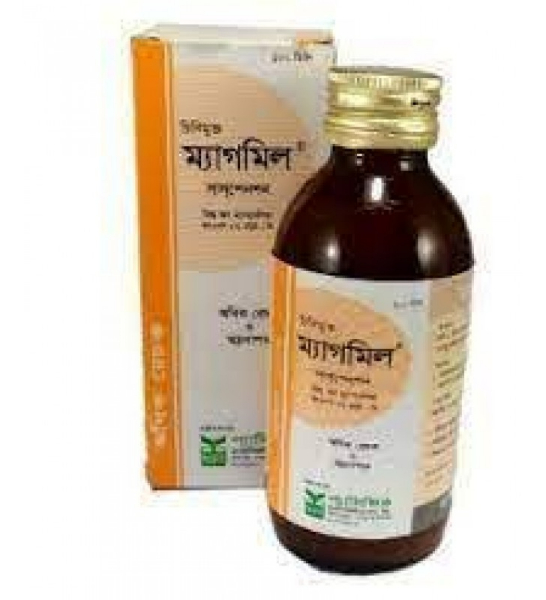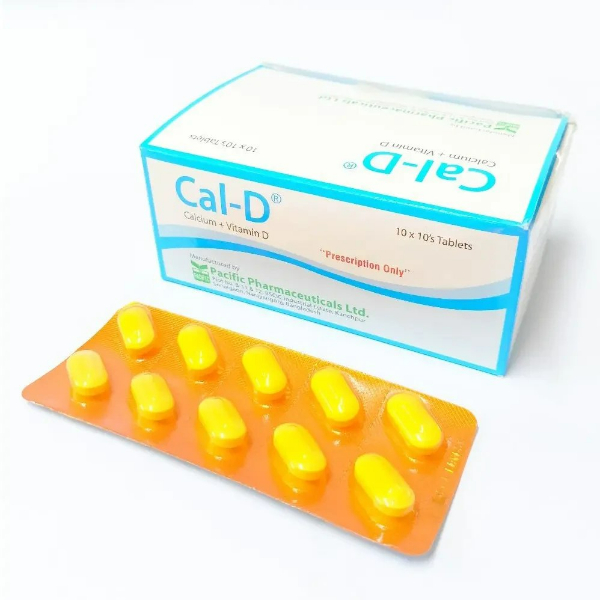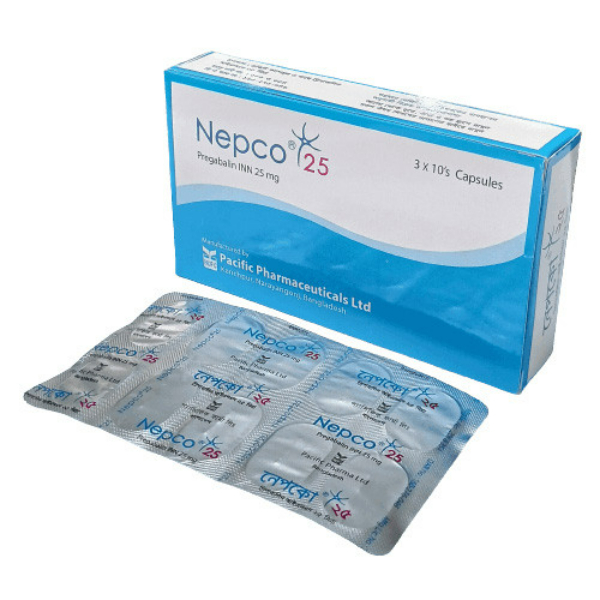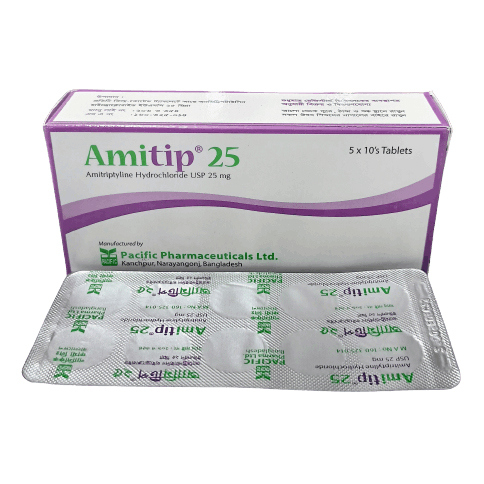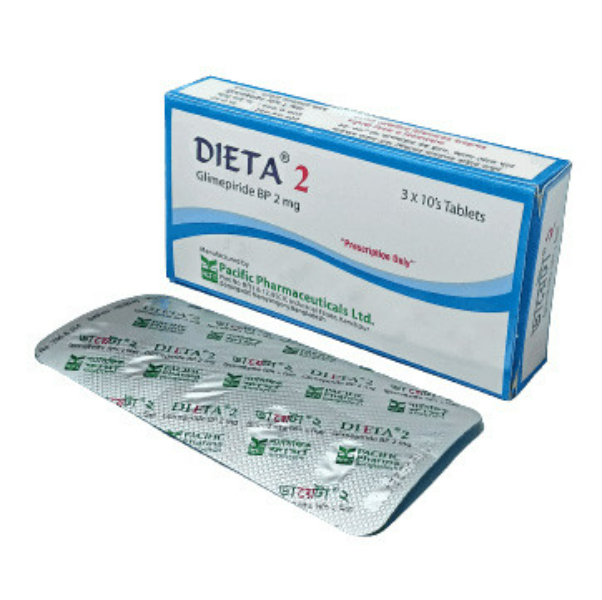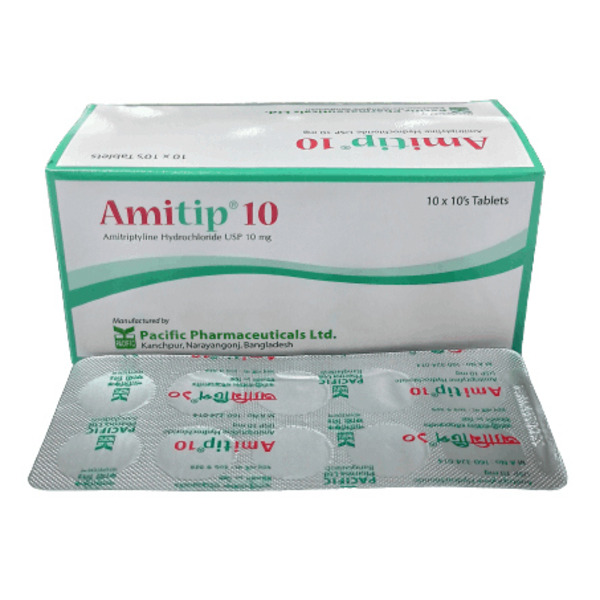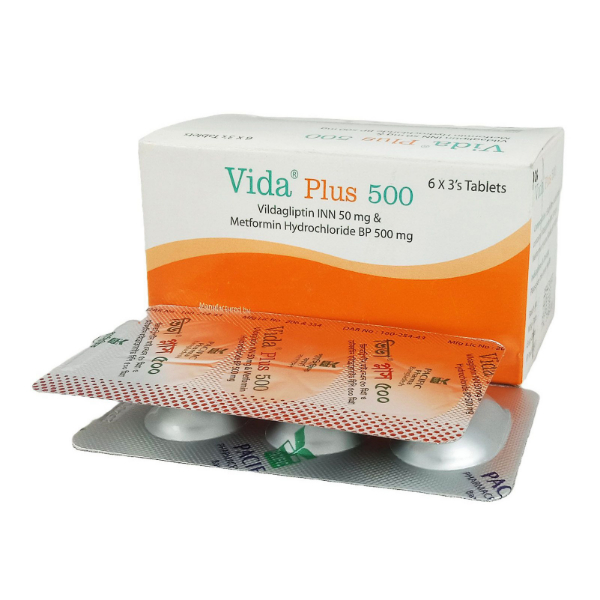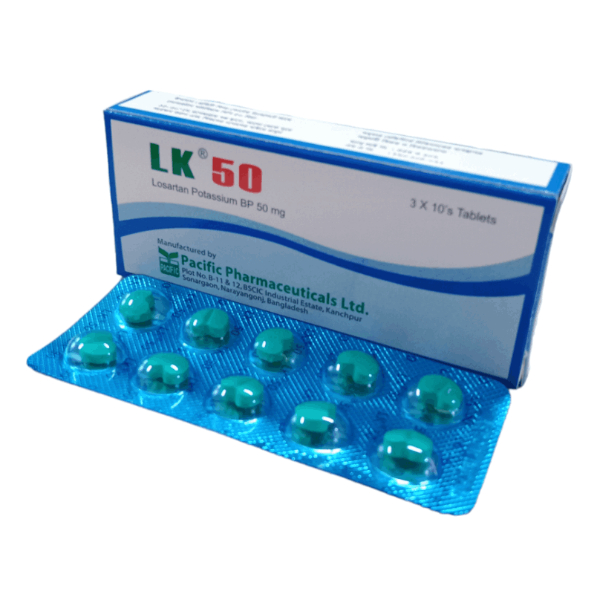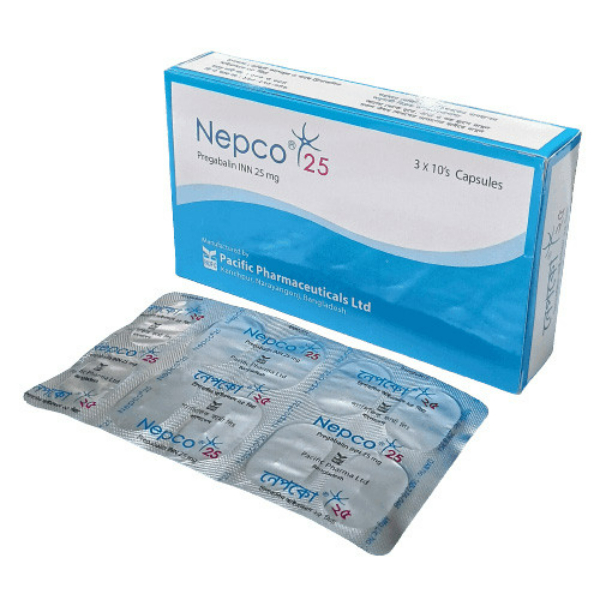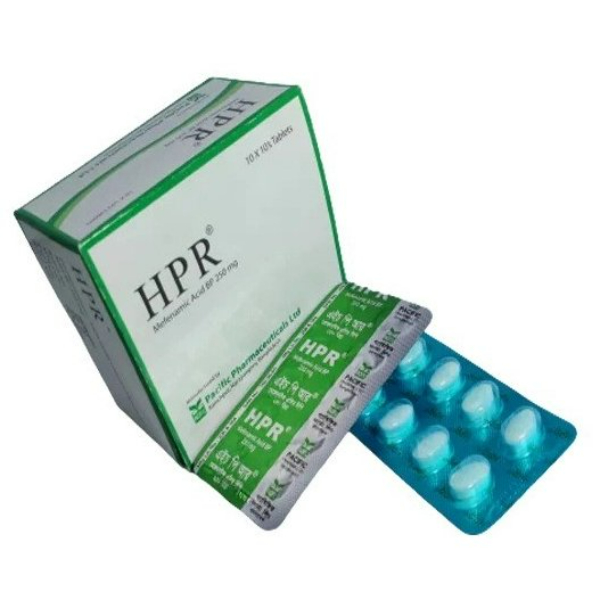Description
রেজিস্টার্ড চিকিৎসকের পরামর্শ মোতাবেক ঔষধ সেবন করুন
Indications:
-
Management of moderate to severe acute and chronic pain
-
Postoperative pain relief
-
Pain due to injury or musculoskeletal disorders
-
Neuropathic pain in some cases (as prescribed)
Pharmacology:
Tramadol is a centrally acting synthetic opioid analgesic. It binds to mu-opioid receptors and inhibits the reuptake of norepinephrine and serotonin, modifying the perception and response to pain.
Dosage & Administration:
-
Adults: 50-100 mg every 4-6 hours as needed, not to exceed 400 mg per day
-
Should be taken orally with or without food
-
Dosage must be individualized based on pain severity and patient response
Interaction:
-
Use caution with other CNS depressants like benzodiazepines, alcohol, and other opioids (increased sedation risk)
-
May interact with serotonergic drugs (risk of serotonin syndrome)
-
Avoid concomitant use with MAO inhibitors or within 14 days of their discontinuation
Contraindications:
-
Hypersensitivity to Tramadol or any components
-
Acute intoxication with alcohol, hypnotics, opioids, or psychotropic drugs
-
Severe respiratory depression
-
Patients with epilepsy not controlled by treatment
Side Effects:
-
Common: Dizziness, nausea, constipation, headache, drowsiness
-
Serious: Respiratory depression, seizures, dependence, serotonin syndrome
Pregnancy & Lactation:
-
Pregnancy: Use only if clearly needed and under medical supervision
-
Lactation: Tramadol is excreted in breast milk; caution advised
Precautions & Warnings:
-
Risk of dependence and abuse; monitor patients accordingly
-
Avoid abrupt discontinuation to prevent withdrawal symptoms
-
Use caution in patients with a history of seizures or substance abuse
-
Monitor for signs of respiratory depression especially in elderly or debilitated patients
Therapeutic Class:
Opioid Analgesics
Storage Conditions:
Store in a cool, dry place below 30°C, protected from light and moisture. Keep out of reach of children.

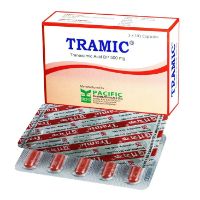
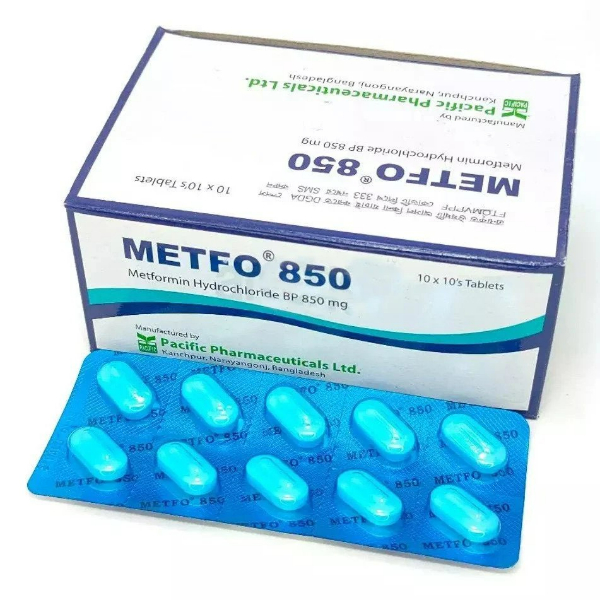
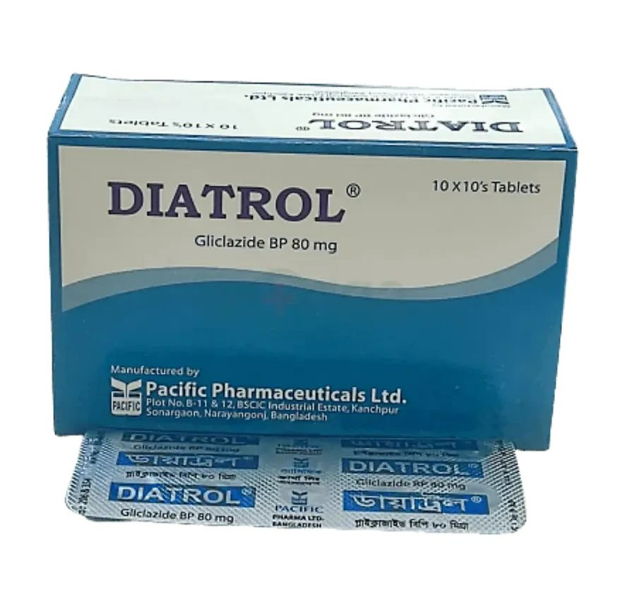
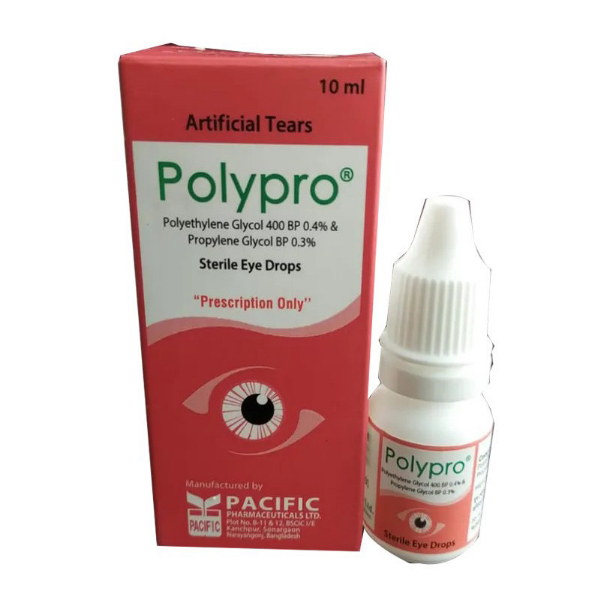
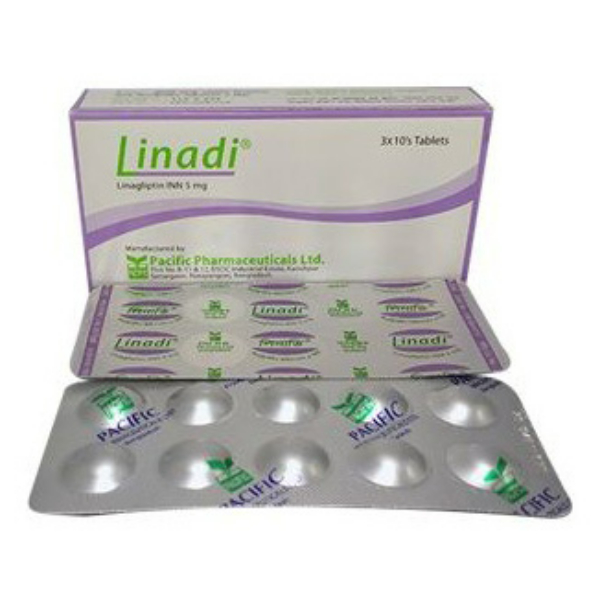
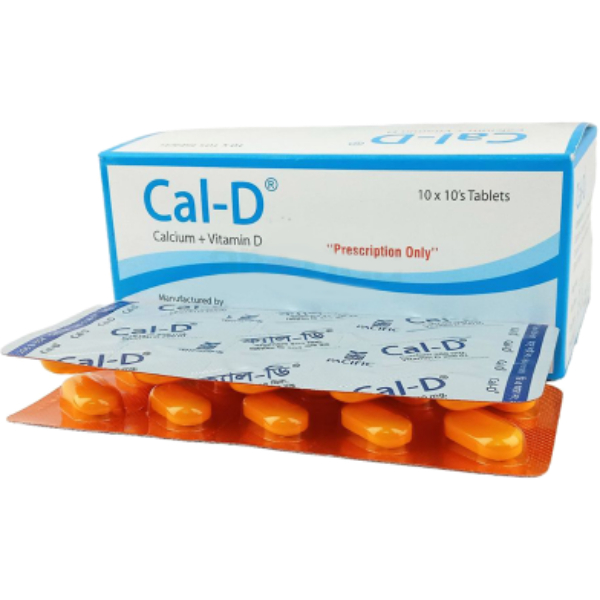
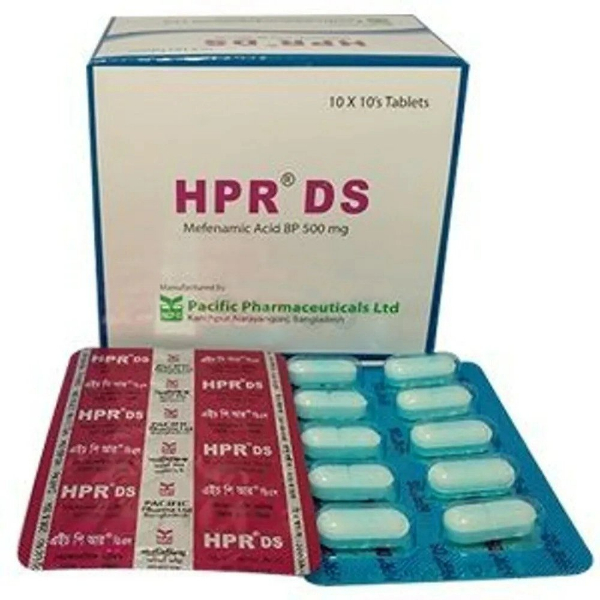
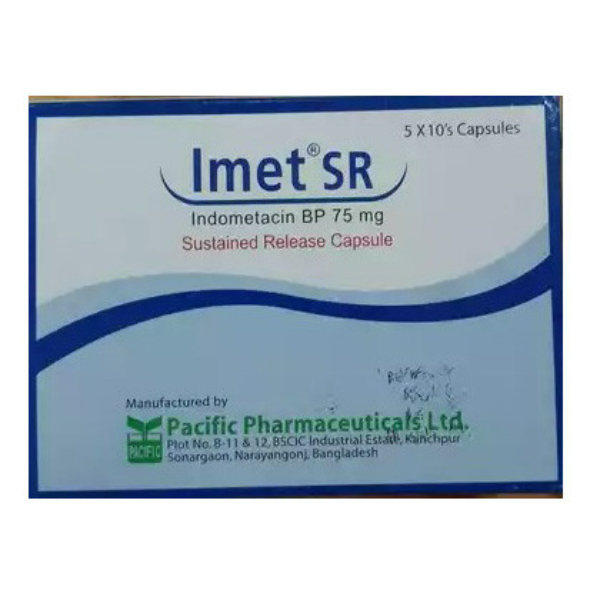


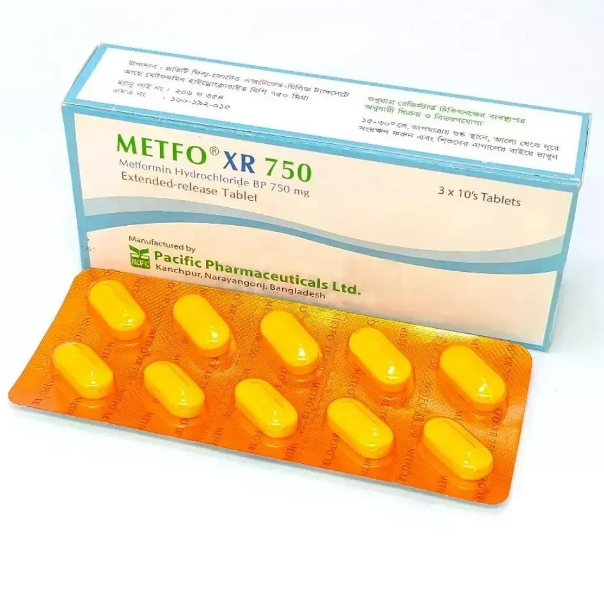

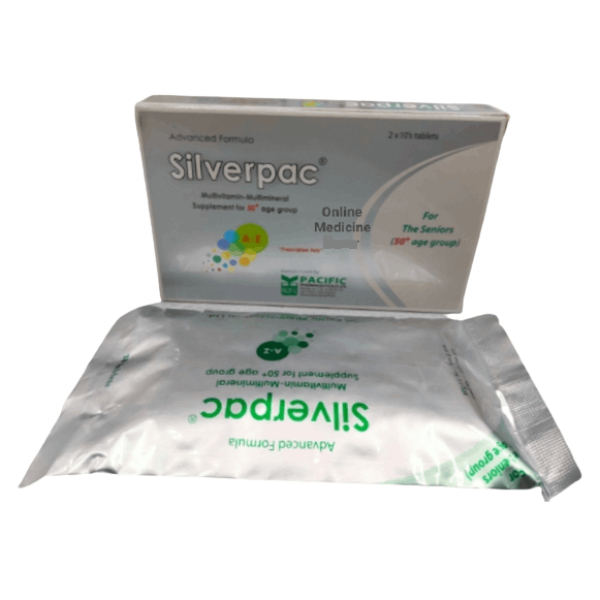

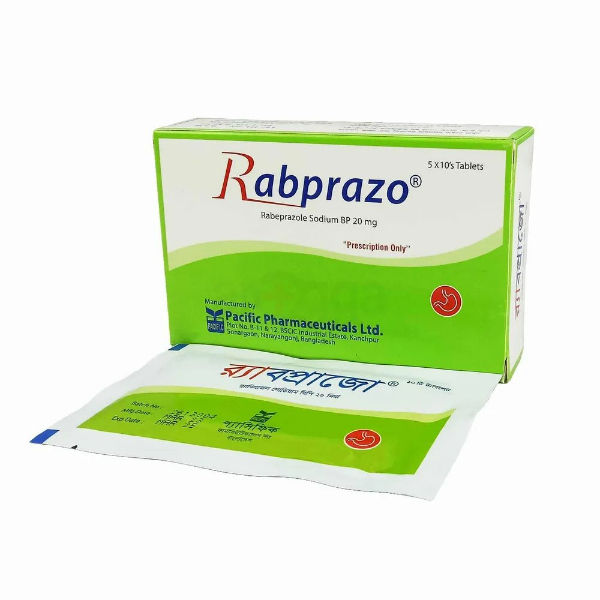
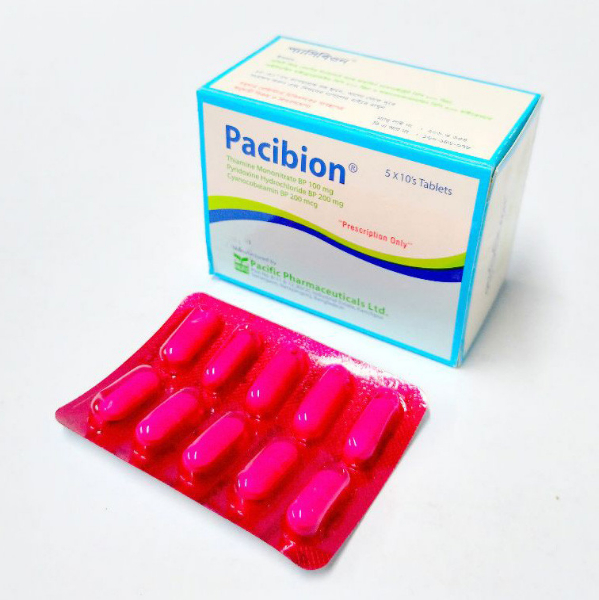
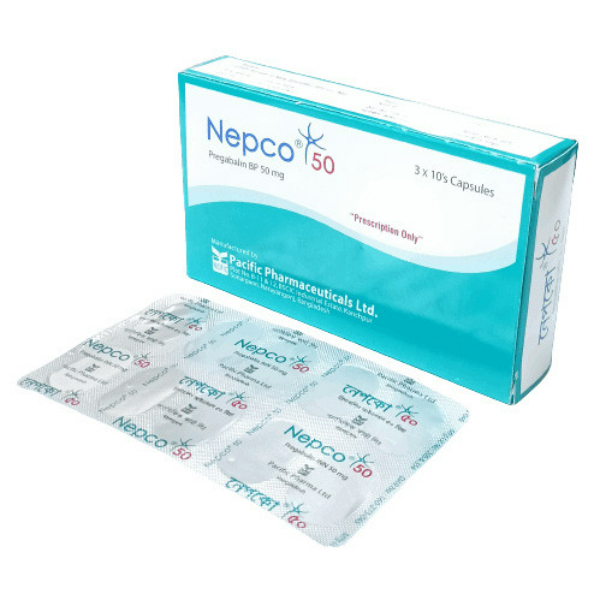


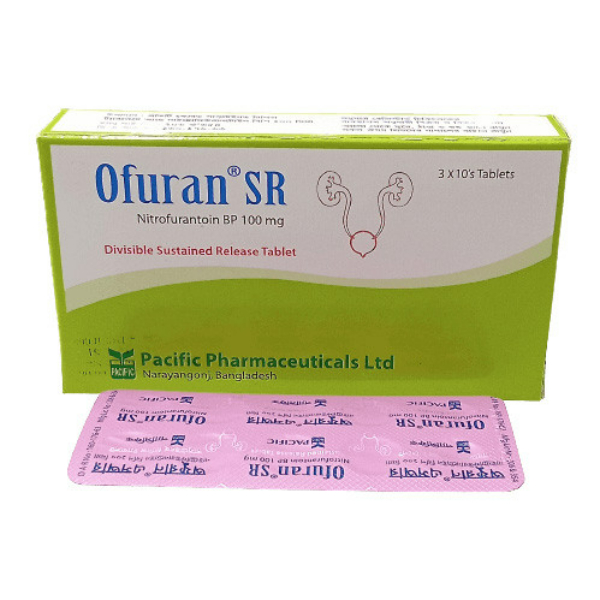
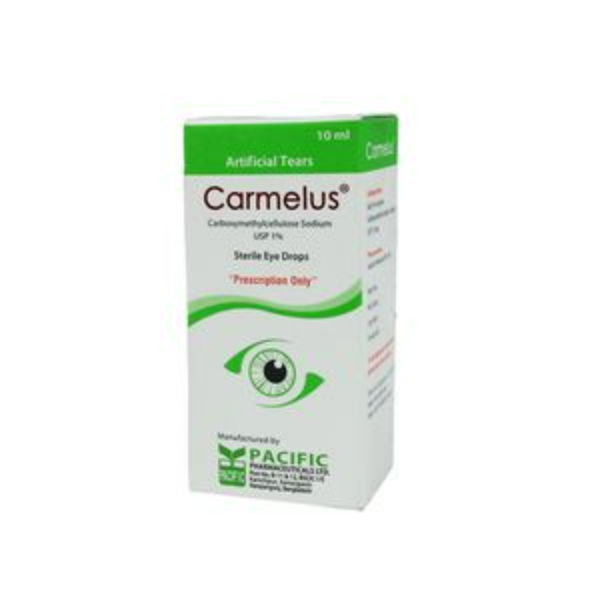
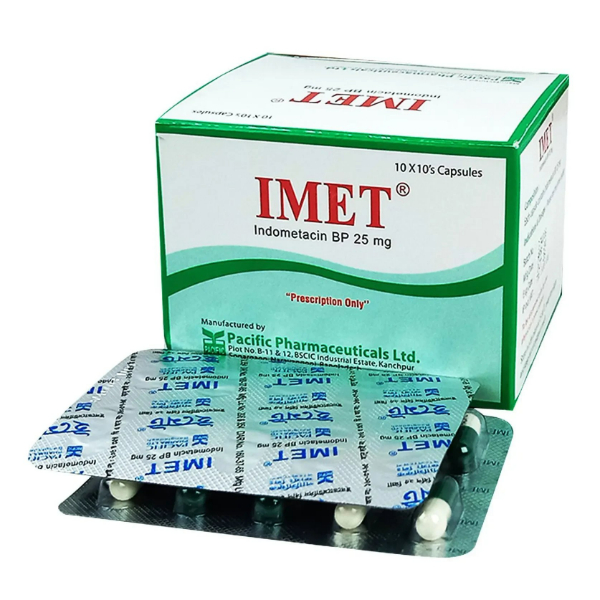

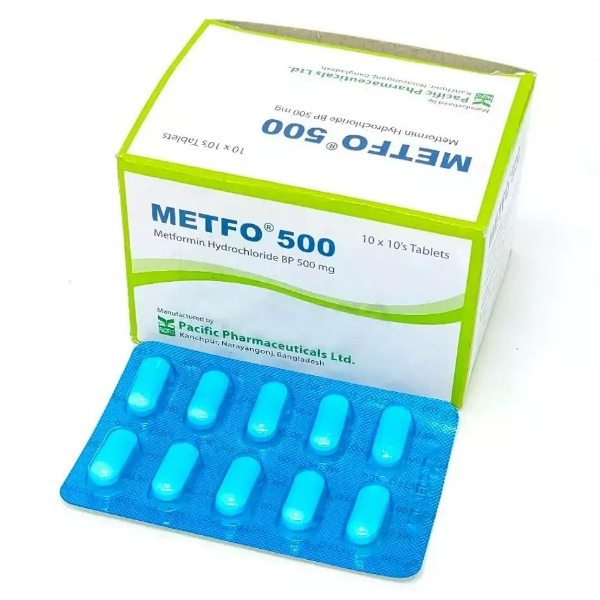
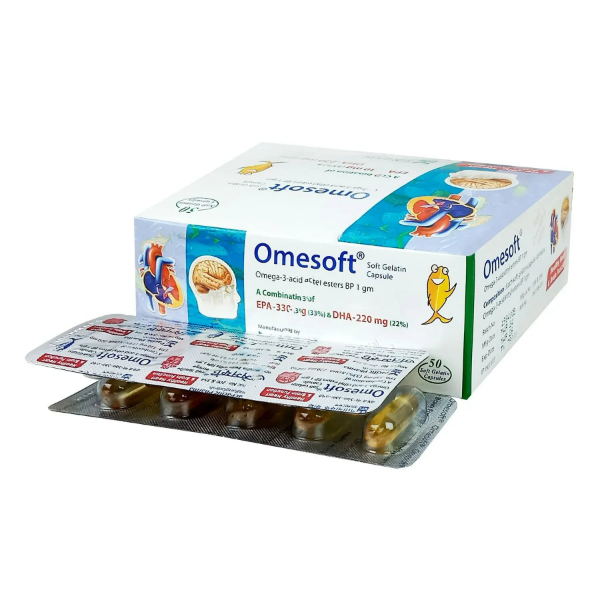
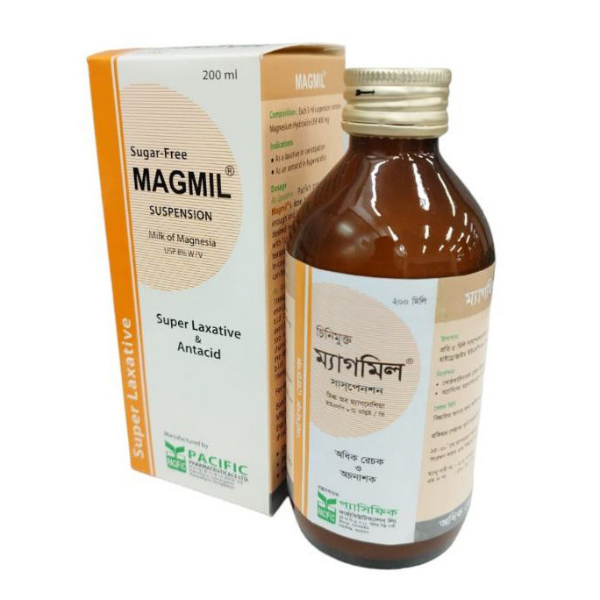

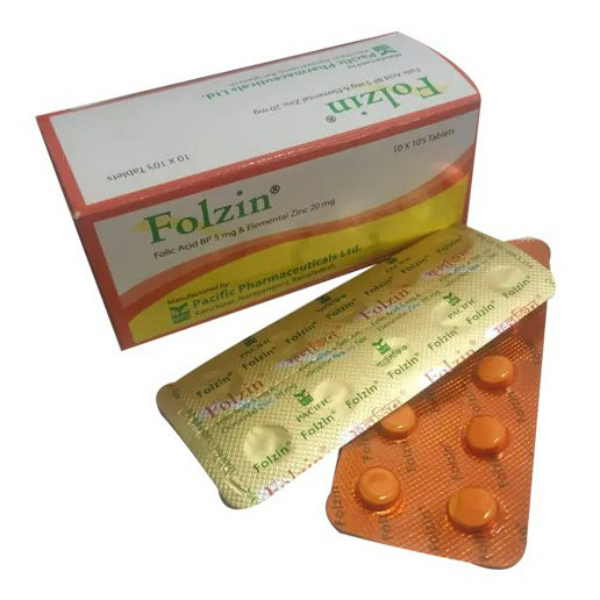
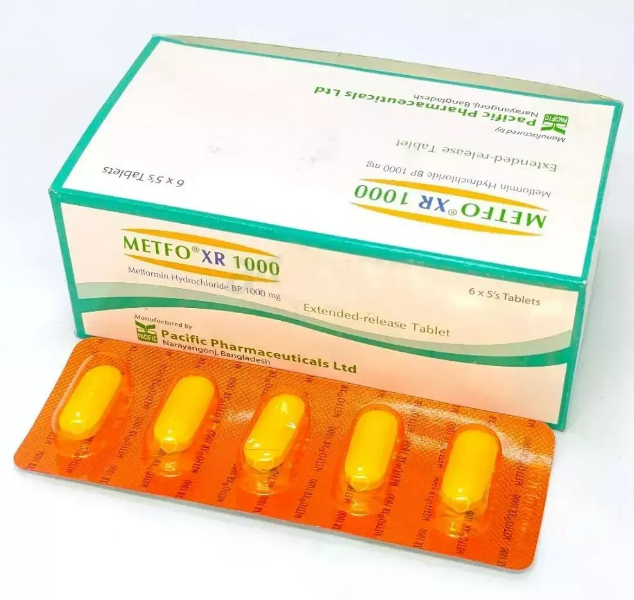
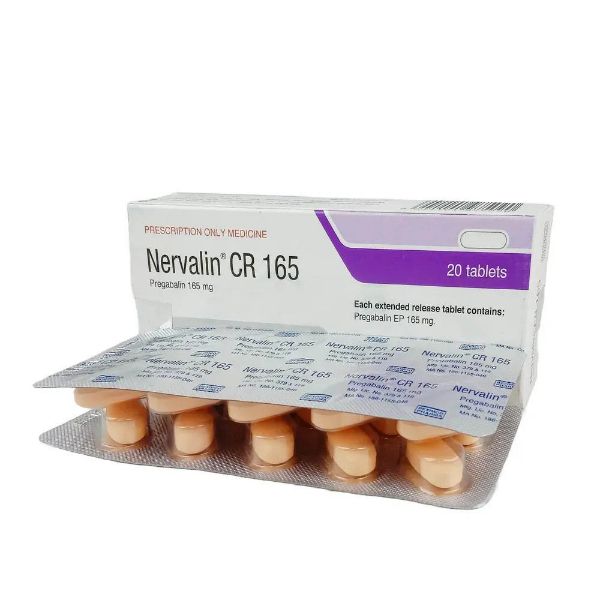
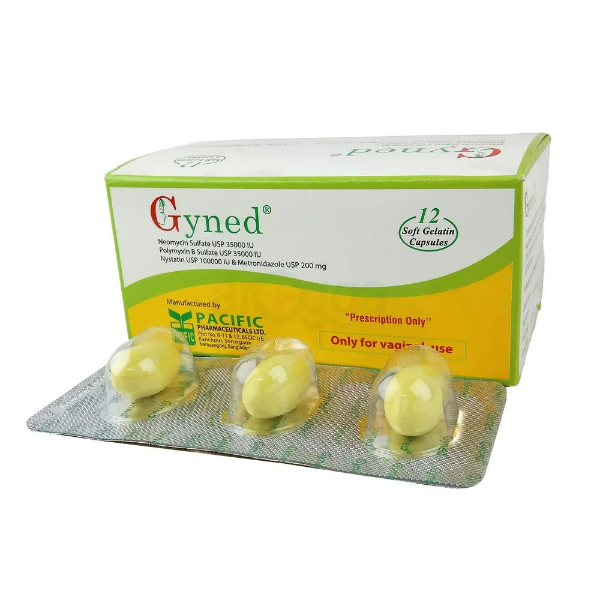
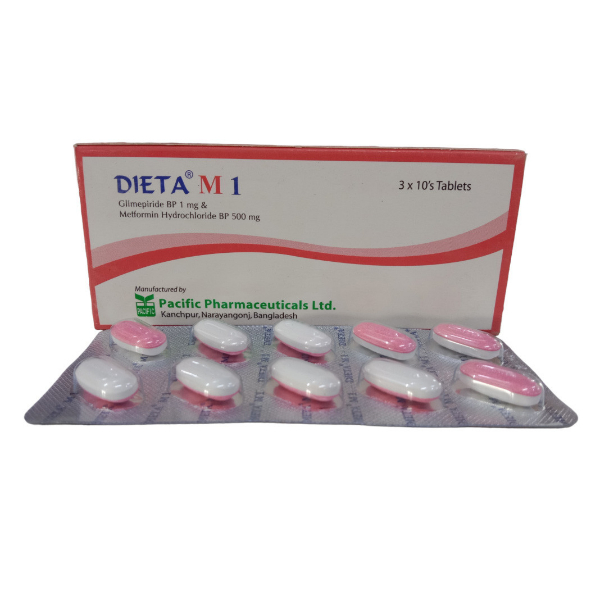
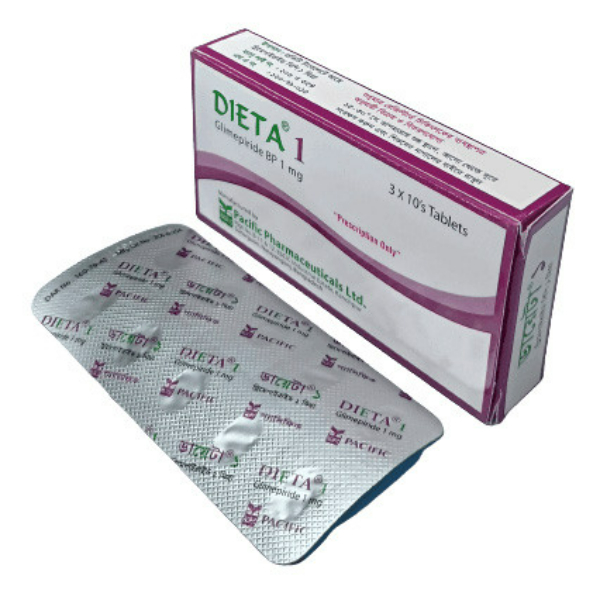

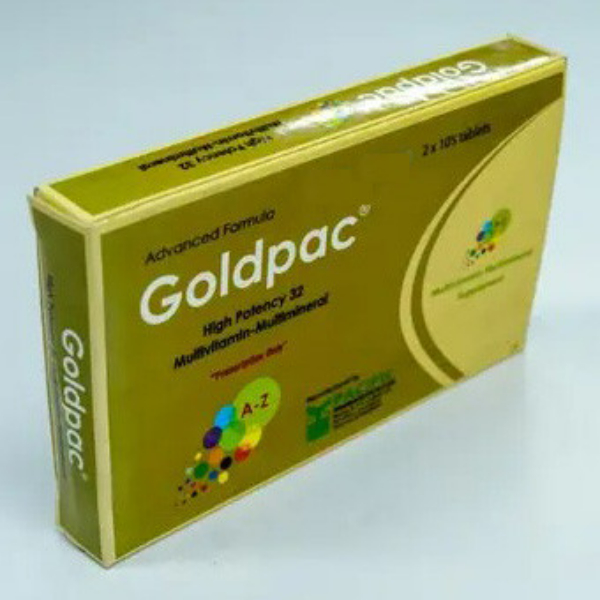

.jpg)
